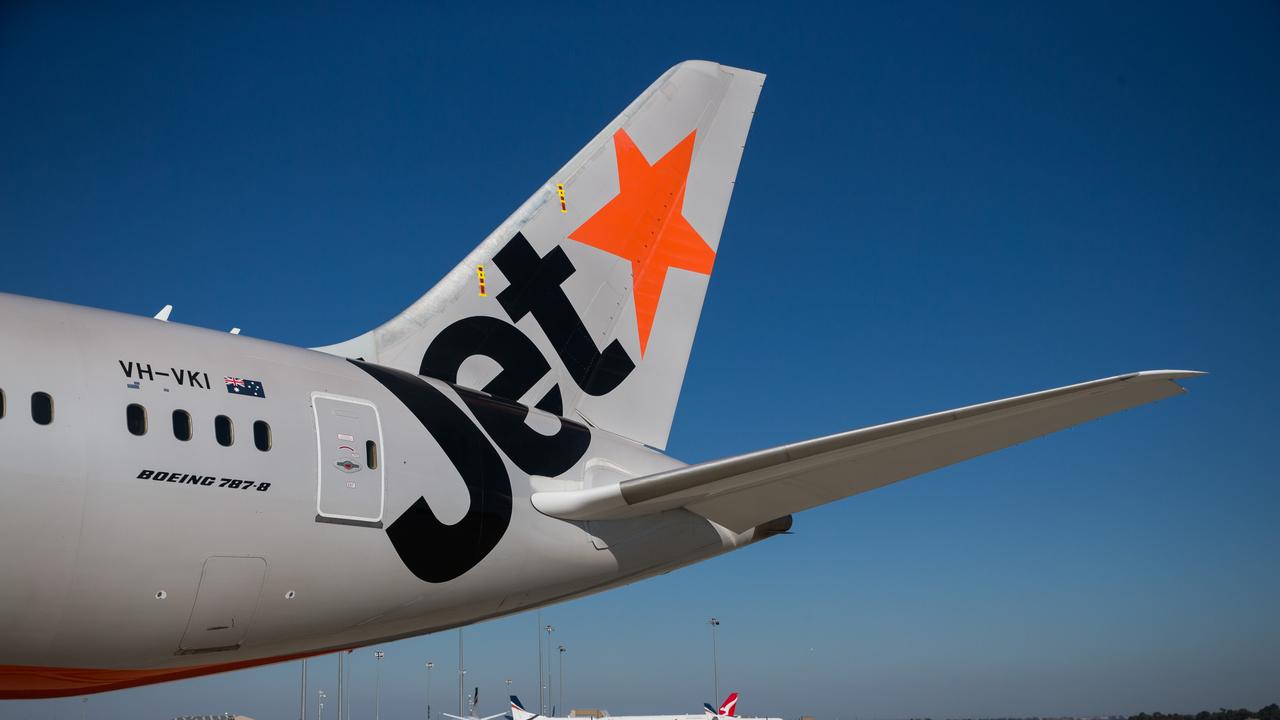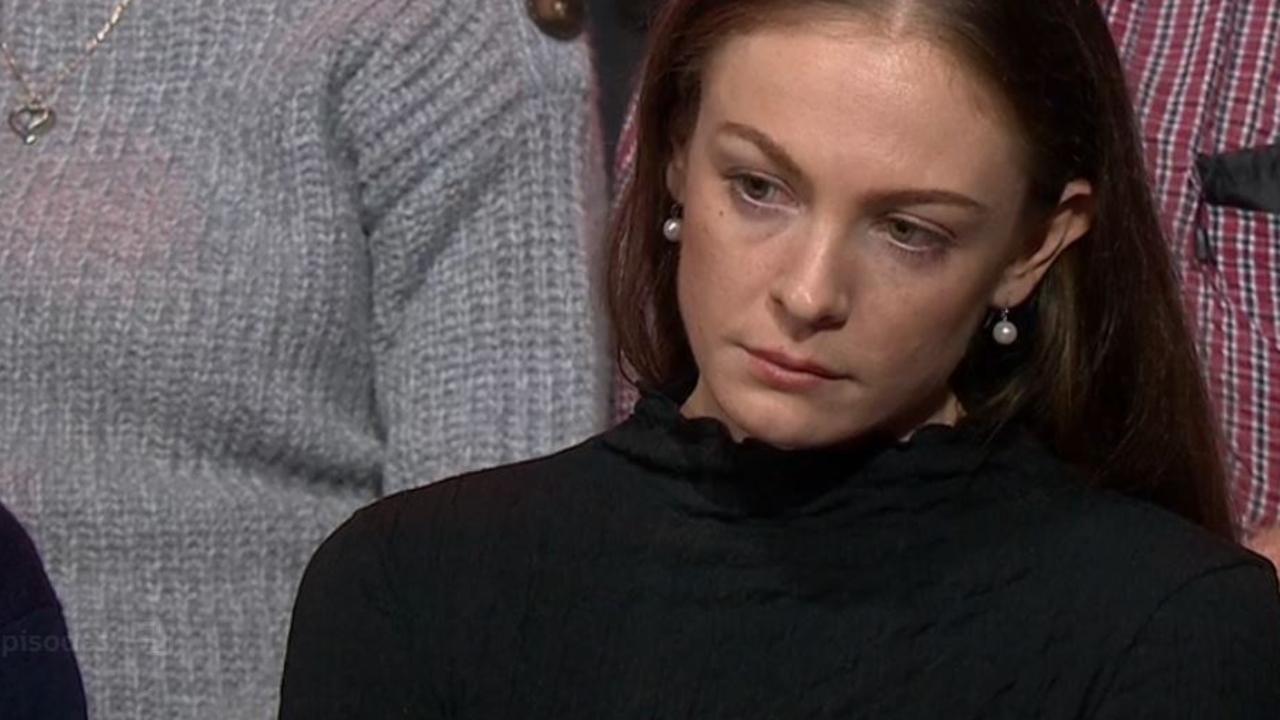EU approves AstraZeneca, imposes vaccine export restrictions
The European Union has imposed steps that may slow the movement of COVID-19 vaccines across the world, after approving the AstraZeneca jab.

The European Union has imposed restrictions on vaccine exports as the bloc granted approval to the AstraZeneca vaccine.
The European Medicines Agency gave the jab the green light on Friday as several EU countries warned of imminent vaccine shortages.
It joins the Pfizer and Moderna vaccines as the third approved by the bloc.
Australia has ordered 53 million doses of the AstraZeneca vaccine, which is yet to be approved by the Therapeutic Goods Administration (TGA).
The EU and AstraZeneca have been locked in a bitter row over supplies after the drugmaker warned it could not deliver as many doses as expected following issues at its manufacturing sites.
RELATED: COVID-19 vaccine: Scott Morrison says Australia won’t be hostage to overseas schedules
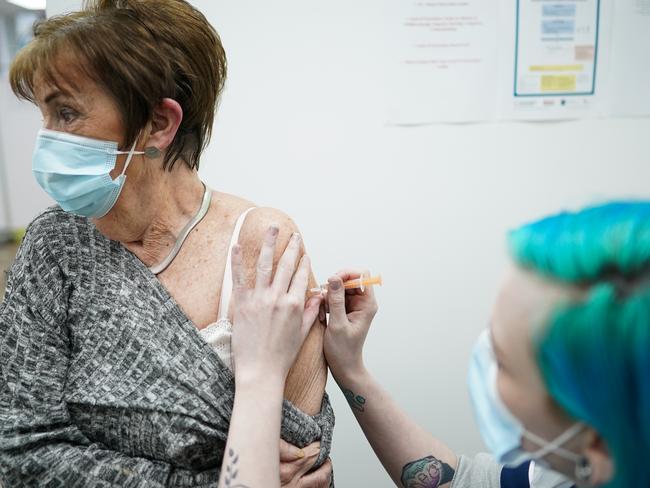
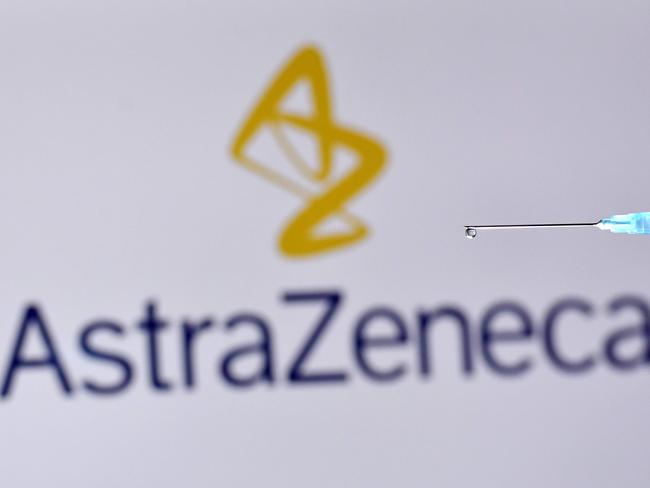
The revelation threw the EU’s rollout plans, which included 400 million AstraZeneca doses, into chaos as the continent’s death toll mounted.
The EU responded on Friday by slapping export restrictions on vaccines leaving the bloc, impacting both the AstraZeneca and Pfizer vaccines.
The measure enabled the 27 EU member states to block export of vaccines made in their country, including from Belgium where the Pfizer vaccine is produced.
Australia’s TGA has granted approval to the Pfizer vaccine, and the federal government expected the first batch of its 10 million dose order to arrive in February.
But acting chief medical officer Michael Kidd played down the impact of the development on Australia’s vaccine supply.
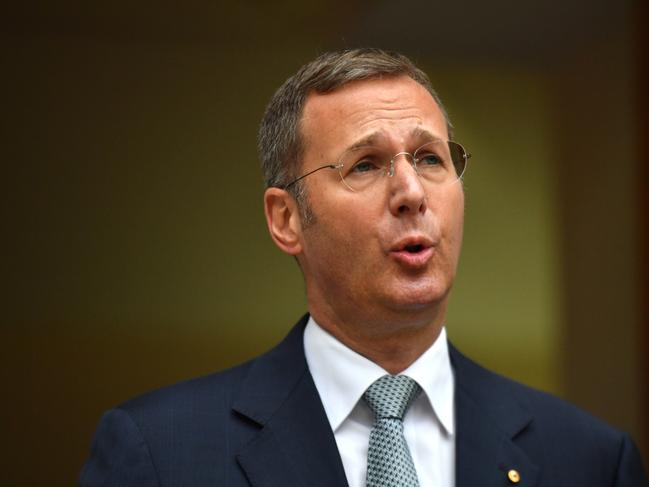
“This is why (Health) Minister (Greg) Hunt is keeping in contact with the country leads of both Pfizer and AstraZeneca on a day-to-day-basis, to ensure that we continue to have certainty about the offshore production, but also the shipping of the doses two vaccines to Australia,” he said.
With 50 million doses of the AstraZeneca vaccine to be manufactured by CSL in Melbourne, the federal government remained confident in Australia’s vaccine supply.
Dr Kidd confirmed that onshore production of the AstraZeneca jab would begin from March, subject to TGA approval.
A spokesperson for Health Minister Greg Hunt said the government had taken a “cautious and conservative” approach that factored in potential challenges in the global supply chains.

“Australia is in one of the strongest positions in the world, not only because of the work of Australians in containing the virus, but also because of our onshore manufacturing agreement with CSL, which provides certainty of vaccine supply at a time of immense international competition and uncertainty,” the spokesperson said.
The government aims to have four million Australians vaccinated by the end of March.
But Labor home affairs spokeswoman Kristina Keneally said the government was on track to break its promise before supply issues emerged in the EU.
“The European Union issue is only compounding the problem that was already there,” she told reporters on Saturday.
“Even if there wasn't an issue with the European Union, we would still not be getting 4 million doses in Australia.

“Scott Morrison’s got a real problem here: he over promised, as he always does.”
Germany’s vaccine committee recommended the vaccine only be administered to people between 18 and 64, warning there was insufficient data on its efficacy above that threshold.
The UK, which approved the drug for all ages in December, rebuffed the claims.
Mr Hunt played down the concerns on Friday, saying the AstraZeneca vaccine would undergo a rigorous vetting before being administered in Australia.
“The TGA makes full consideration of all data available to them,” he said.
“They very clearly have said that they will make the decision based on safety and effectiveness and that safety has and always will be the number one priority.”

